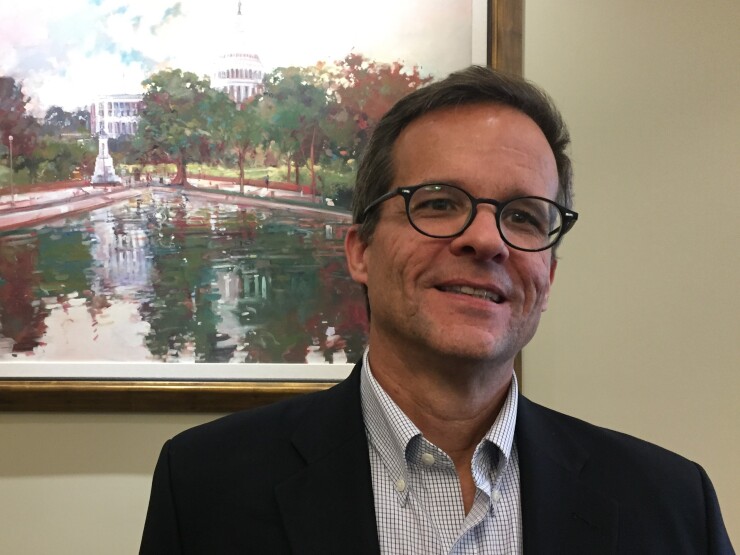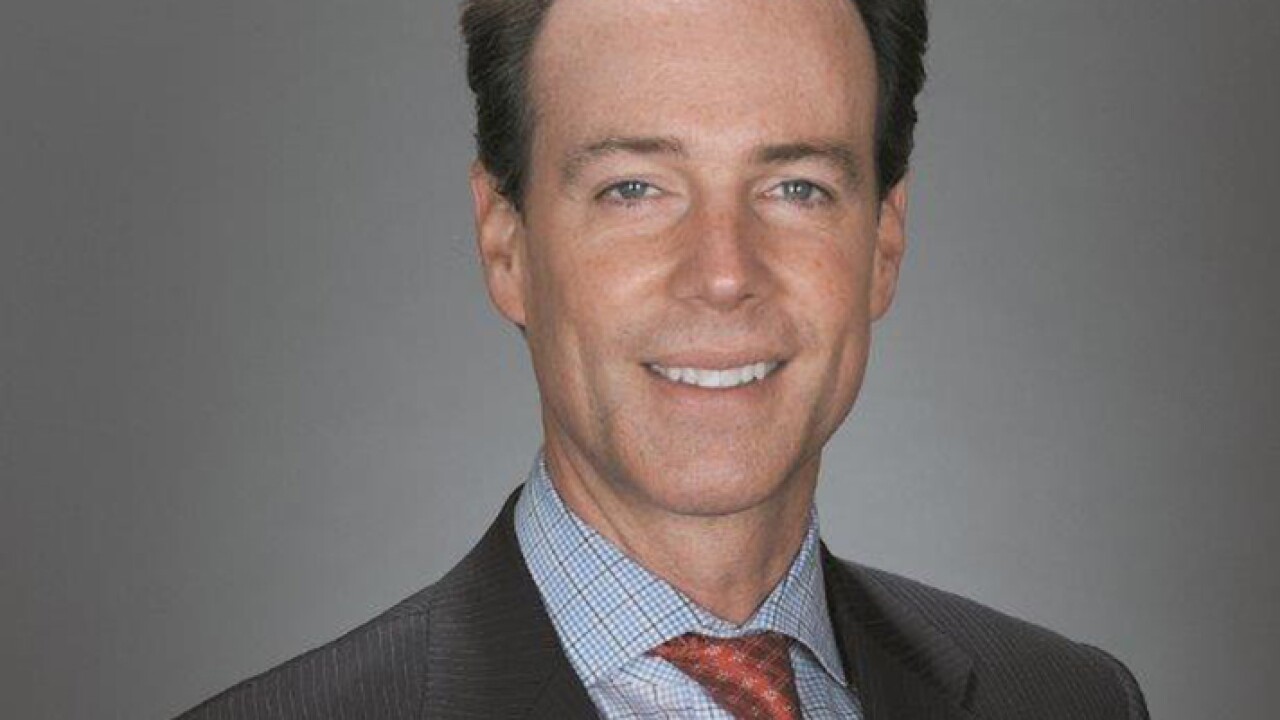
Puerto Rico’s debt structuring is moving ahead and could be confirmed by a federal judge in the first half of 2021 despite three vacancies on the Financial Oversight and Management Board.
“My hope would be that we confirm a plan in the first half of 2021,” said Chairman David Skeel. “I wouldn't guarantee it or anything of that sort, but that certainly is my hope.”
Skeel predicted the commonwealth will have reduced its debt significantly, noting that the three pieces already completed have lowered the debt to about $20 billion from about $28 billion. Those three cover the Government Development Bank, the water company and the commonwealth’s sales tax debt. The Puerto Rico Sales Tax Restructuring Corp. (COFINA) bond deal, however, is being challenged in the U.S. Court of Appeals for the First Circuit.
“The board will be in place until Puerto Rico has four consecutive balanced budgets,” said Skeel. “Puerto Rico is not going to have a balanced budget until it restructures its debt and so it's really important that we move forward.”
The remaining debt restructuring includes about $35 billion in central government debt and is often referred to as a plan of adjustment. That plan suffered a setback from the COVID-19 pandemic which led the Oversight Board to revise downward the proposed payments to bondholders it released in February.
Federal Judge Laura Taylor Swain has set a Feb. 10 deadline for the Oversight Board to file “an informative motion presenting a term sheet disclosing the material economic and structural features of an amended plan of adjustment.”
The judge also ordered the filing of a proposed disclosure statement that would include a timetable for confirmation proceedings, including solicitation and voting.
In the meantime, Skeel said he has no way of knowing how long it may take President Trump to fill the three board vacancies from lists provided to the White House by congressional leaders.
If Trump doesn’t fill the vacancies by noon on Jan. 20, that task would fall to President-elect Joe Biden.
Trump appointed Justin Peterson of DCI Strategies to the Oversight Board in October.
Peterson, who served as an advisor to Puerto Rico’s creditors, replaced Arthur Gonzalez, who formerly served as chief judge of the U.S. Bankruptcy Court for the Southern District of New York.
Gonzalez was selected as a voting member by former President Obama, who appointed the other six original voting members from lists provided by four Republican and Democratic leaders of the House and Senate.
Skeel, a corporate law professor at the University of Pennsylvania who has served as an original board member since August 2016, was nominated by Senate Republican Majority Leader Mitch McConnell and appointed by Obama.
Skeel told The Bond Buyer in an interview that he has informed McConnell that he is willing to serve another term.
Two other original board members, Andrew Biggs and Ana Matosantos, also are continuing to serve even though their three-year term has expired. They are legally allowed to continue serving until they are replaced.
All three members are committed to continue serving to keep the Oversight Board functioning with a quorum, Skeel said. “There's been no hint that that will cease to be the case anytime soon,” he said.
Biggs, as was Skeel, was nominated in 2016 by McConnell who, as Senate Majority Leader, has the prerogative to nominate two members.
But if Democrats win two runoff Senate races in Georgia on Jan. 5 and win majority control of the chamber, McConnell would have the prerogative to nominate only one member of the Oversight Board.
Senate Democratic Leader Chuck Schumer instead would have the ability to nominate two candidates for the Oversight Board if Trump did not act beforehand.
Skeel described as “a hiccup” an oversight board meeting two weeks ago at which the newest member of the board suddenly left the meeting, depriving the remaining three members of a quorum that’s needed to take any official action.
Peterson left the recent meeting to prevent the remaining board members from changing the wording in a proposal that might have approved the central government’s debt restructuring without any further board action.
The motion recommended negotiations with creditors “consistent with” the terms found in exhibits to the meeting “with a view to presenting an amended plan of adjustment as soon as possible.”
Skeel said he expects that disagreement will be resolved soon.
“I've talked to everybody on the board,” he said. “We don't agree about everything all the time. We agree about lots of things.” Skeel said he expects “something along the lines of what was on the table at that meeting” will soon be approved by the board.
“I think people sometimes focus on the hiccups and not on the things that we've accomplished,” he said. “We've introduced an enormous amount of new transparency to Puerto Rico's finances that did not exist.”
The Puerto Rico Electric Power Authority also is transforming the island’s electrical generation and distribution system while reworking its $9 billion in debt. The PREPA restructuring has run into delays and, over the summer the Internal Revenue Service ordered the utility to repay five quarterly federal subsidies it received under the Build America Bonds program.





